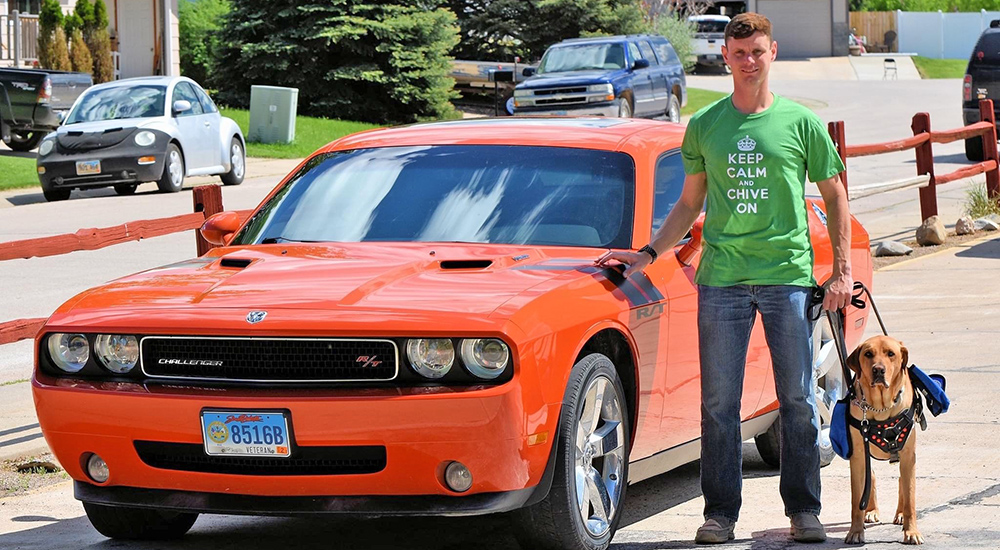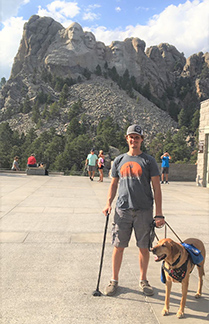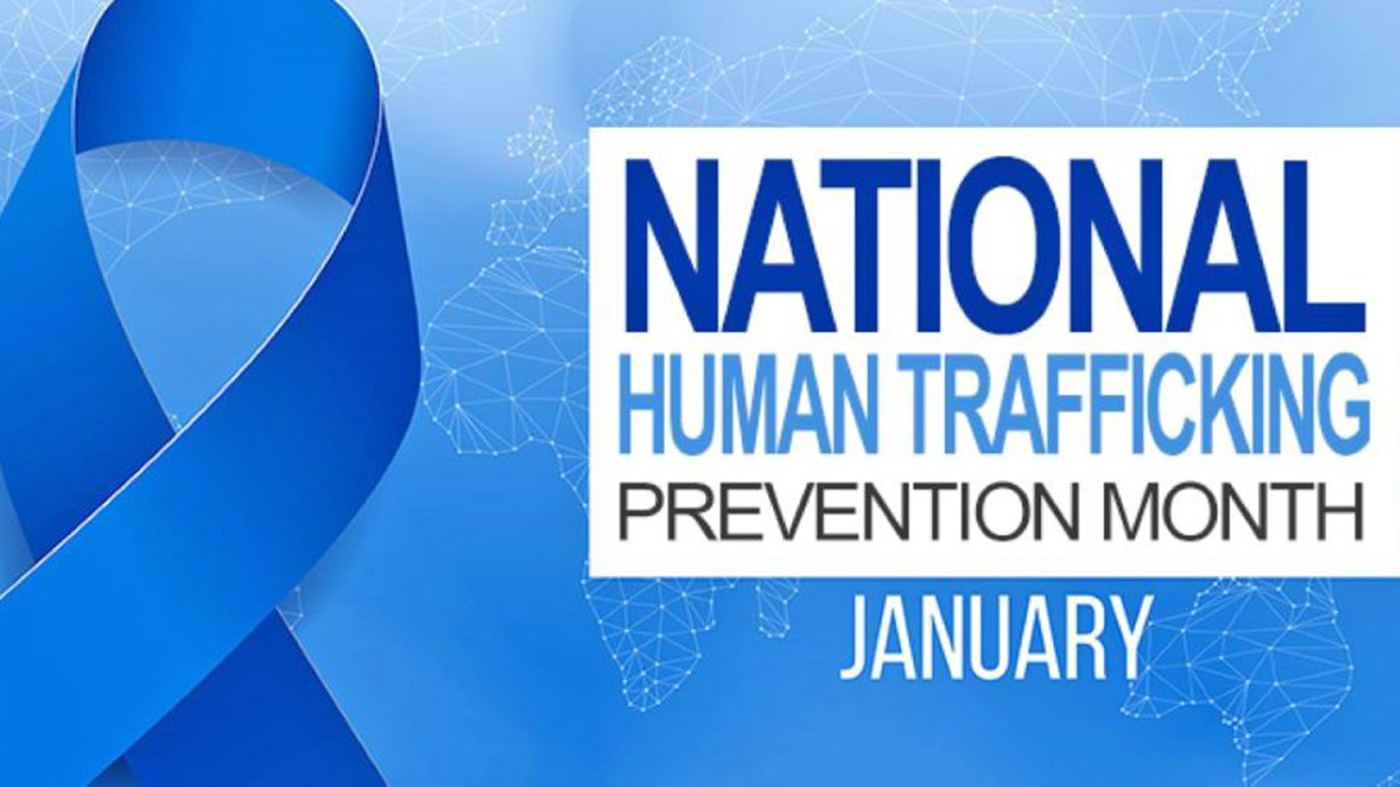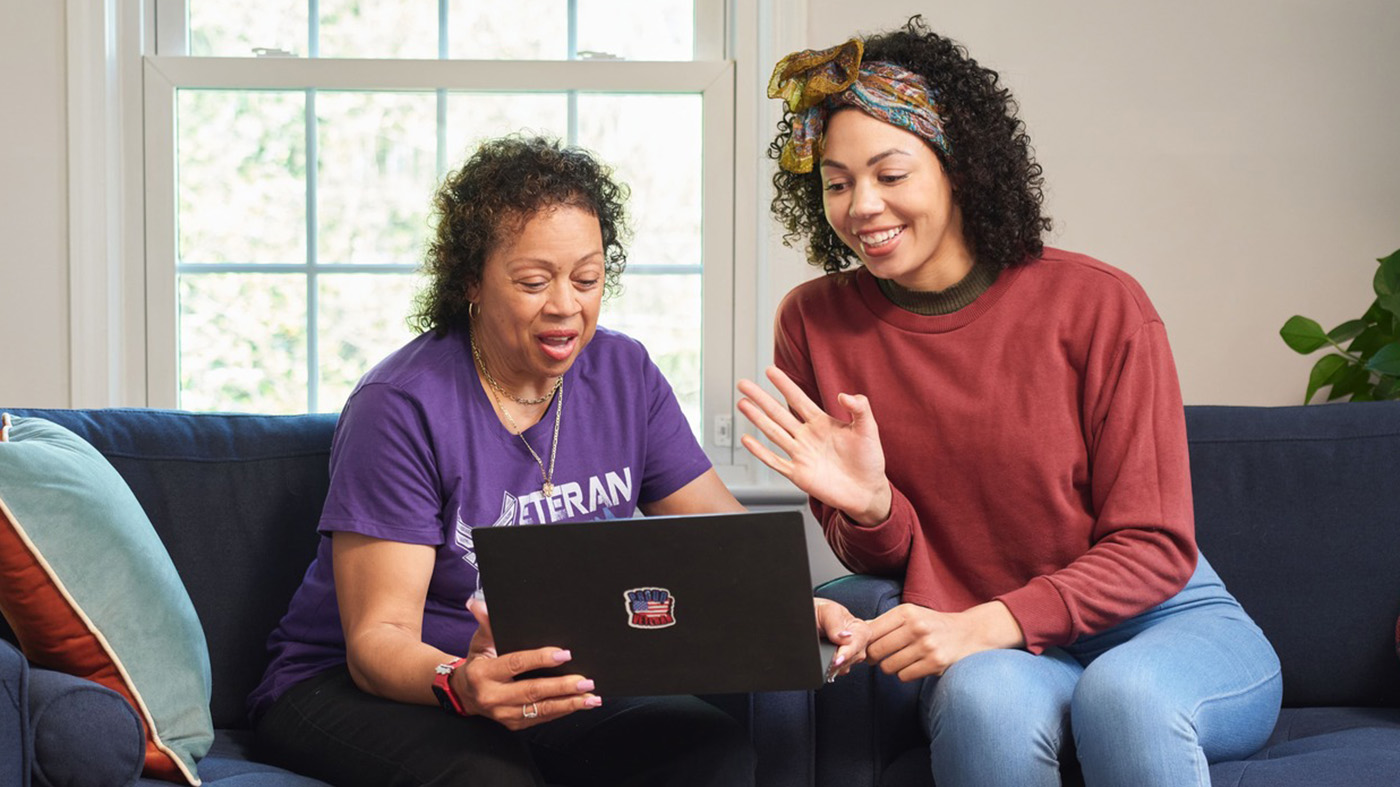When I first received my Multiple Sclerosis (MS) diagnosis in July 2006, I didn’t pay much attention to it. I was a member of the Army National Guard and a college student. I had a lot of other things on my mind. I could still run a couple of miles and life didn’t seem so different. Four months later, I needed a cane just to stand up. That’s how quickly MS snuck up on me. Being diagnosed with MS at the age of 24 was challenging.
I’m starting my adult life, trying to figure out who I am and what I want, I thought. Now I’m the disabled guy walking to economics class with a cane…
While I believed I was making the best of my life with MS, it took me a couple years to snap out of the fog and to start focusing on my health and what I really wanted out of life. I had to break down barriers, not any that were caused by MS but created by me. I was hanging on so tightly to the old me that I couldn’t accept the new me. Accepting somehow felt like I was giving up.
“My quality of life improved when my perspective shifted.”
As I tried to change my perspective and really focus on me and my needs, I realized I was putting unnecessary energy into trying to look like everyone else. I worried that if I showed people who I was—a person who sometimes struggled with MS—that they would judge me and maybe think less of me. This fear of judgement didn’t allow me to live my best life.
My wife was instrumental in helping me view my MS differently. My friends were relieved when they saw me truly accept my MS and they ensured I knew they were there to help and support me whenever needed. Everyone’s love and support meant so much, and as my perspective shifted my quality of life improved.
I could live more freely by being open to the changes MS was and would have on me. I said yes to opportunities that I may have said no to a year before, and I realized that I could achieve everything I really wanted before my diagnosis.
Following graduation, I worked at a bank until I learned of a Veterans Representative position at my state’s Department of Labor. The position looked interesting and challenging. I applied and was hired. I quickly moved up the career ladder to manager and supervisor for an entire office. The job was rewarding, but over time the stress and responsibilities were taking a toll on my health. Though the decision was difficult, I medically retired in April 2023.
Looking forward to having more time and energy
It’s only been a month since my retirement, but I have no regrets about this decision. It’s so easy to ignore the little things that affect our health and quality of life, but they build up. I’m looking forward to having more time and energy to focus on taking care of myself.
I have several adventures planned with my wife, Annalise, and my service dog Elliott, who has been with me for about five years. His body harness has a stiff handle and they are instrumental in helping me keep my balance while walking. I recently received a recumbent E trike from Aurora VA in Colorado where I have my annual MS exam. I’m up to five miles per trip with enough energy to walk around. I’ve also learned about adaptive golf. I was captain of the golf team in high school and it was something I thought I had to give up with having MS. But through adaptive assistance and lessons, I’m learning to golf again.
It can be a tricky balance, trying to stay physically active without overdoing it. Sometimes there is so much I want to do or get done in a day. I’m still learning to accept that it’s okay to set my own pace and to be patient with myself. Someone else may be able to paint a fence in a day, but there’s nothing wrong with me taking three days or even three weeks to get the job done. I often use my forearm crutches or my powerchair to get places, ensuring I save my energy for enjoying the destination. I no longer care if I look disabled to others because I do have a disability. That’s who I am.
My wife’s love and encouragement have helped me through many difficult times. At this stage in my life, I know I don’t have to tough it out and fight MS head on. Stubbornness can be a good thing. It can motivate you and help you achieve your goals. It can keep you from giving up, but it can also keep you from seeking help you might benefit from.
Physical limitations can certainly be frustrating and challenging, but we’re fortunate we live at a time when there are a lot of adaptive devices to help. It might not be exactly the same, but there is nothing that I did before getting MS that I can’t still do in some capacity now.
Topics in this story
More Stories
The ASPIRE center is a unique residential domiciliary for Veterans suffering from PTSD and at risk of homelessness.
January is Human Trafficking Prevention month, observed to educate the public about human trafficking and how to help prevent it.
Apps and other virtual resources support the hard work of Veterans’ caregivers.








I salute the veteran for accepting and living with Multiple Sclerosis. Living a healthy life is important, but it takes courage to face this disease head-on.